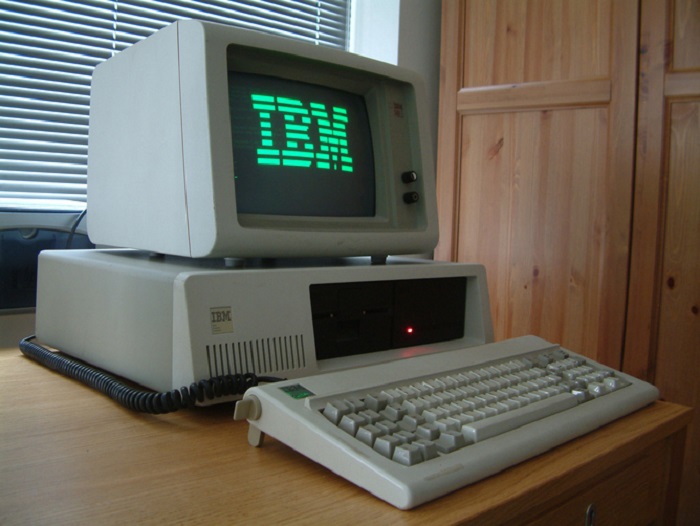
Computer giant IBM has just declared its intention to ditch the low-end hardware market it invented in favor of returning to its roots in high-performance computers, software, and client services. The ambitious move is not as outrageous as it may seem, given the computer industry’s tendency to go from boom to bust in a short time frame if a company fails to act on major opportunity.
History is full of such examples: The once cutting-edge Sun Microsystems being taken over by Oracle, DEC being swallowed by Compaq, who in turn was absorbed by HP. Each of these companies remained fixated on a singular market segment, failing to grasp its overall evolution. By contrast, IBM provides a clearer example of how a large corporation that was leading can now detect where it is failing and re-establish a new focus.
Considering IBM is such a massive company with 431,000 employees, it has positioned itself as a leader in cloud computing and the subsequent “big data” processing rather fluidly. The transition harkens back to the company’s roots, returning to an age of larger, powerful computers such as the System/390 in place of desktop PCs. The movement from selling individual units to selling client services is an intelligent change amid the stagnation of the IT hardware market, which was remained fairly consistent over the past decade whereas the demand for cloud computing and data processing is expanding drastically.
IBM’s recent $2.3 billion deal with Lenovo — just approved this Friday by the Committee on Foreign Investment in the United States – enables the company to focus on the intended system and software innovations by supply it with additional equity in exchange for its low-end x86 servers. This paradigm shift was officially revealed during IBM’s recent roadmap of the future, which bore a focus on cloud computing and big data in place of hardware systems — an approach that has not changed in 33 years.
Unsurprisingly, other companies are following in IBM’s footsteps, opting to scale business applications toward providing for cloud infrastructure. The collective power of a network of computers to collect, store, and process data can be expanded exponentially when relying on a network of computers rather than individual units.
Advertisement
Learn more about Electronic Products Magazine





